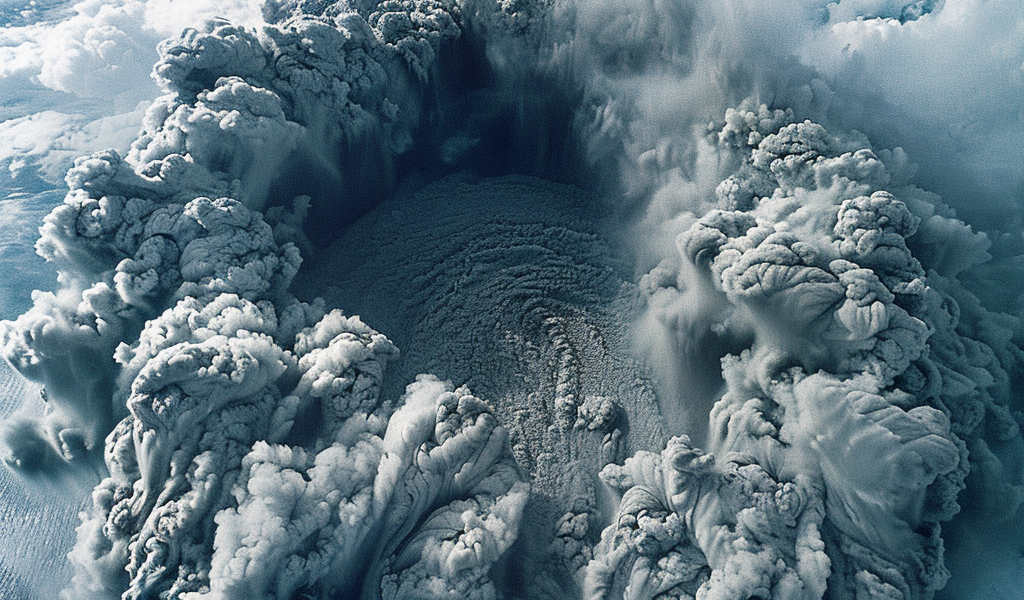Tonga’s volcanic eruption on January 15, 2022, at Hunga Tonga-Hunga Ha’apai has sparked new research into its potential long-term climate impacts, as revealed in a recent study published in the Journal of Climate. The eruption, which generated a tsunami and reverberated sound waves globally, has implications for weather patterns well into the future.
Unlike typical volcanic eruptions that release sulphur dioxide leading to a temporary cooling effect on Earth’s surface, the underwater eruption at Hunga Tonga released a significant amount of water vapor instead of smoke. This water vapor, equivalent to 60,000 Olympic swimming pools, ascended high into the stratosphere, a dry atmospheric layer between 15 and 40 kilometers above the surface.
Typically, water vapor in the stratosphere has unique effects due to its location and properties. It does not form clouds or rain, but its presence can impact climate patterns. The study suggests that the massive amount of water vapor from the eruption could have contributed to the unusually large ozone hole observed last year and the wetter-than-expected summer of 2024. Furthermore, the effects of the eruption may persist and influence winter weather for years to come.
The findings from this study shed light on the intricate relationship between volcanic activity and climate dynamics. Understanding how events like the Hunga Tonga eruption can influence global weather patterns is crucial for predicting and preparing for future climate changes.





